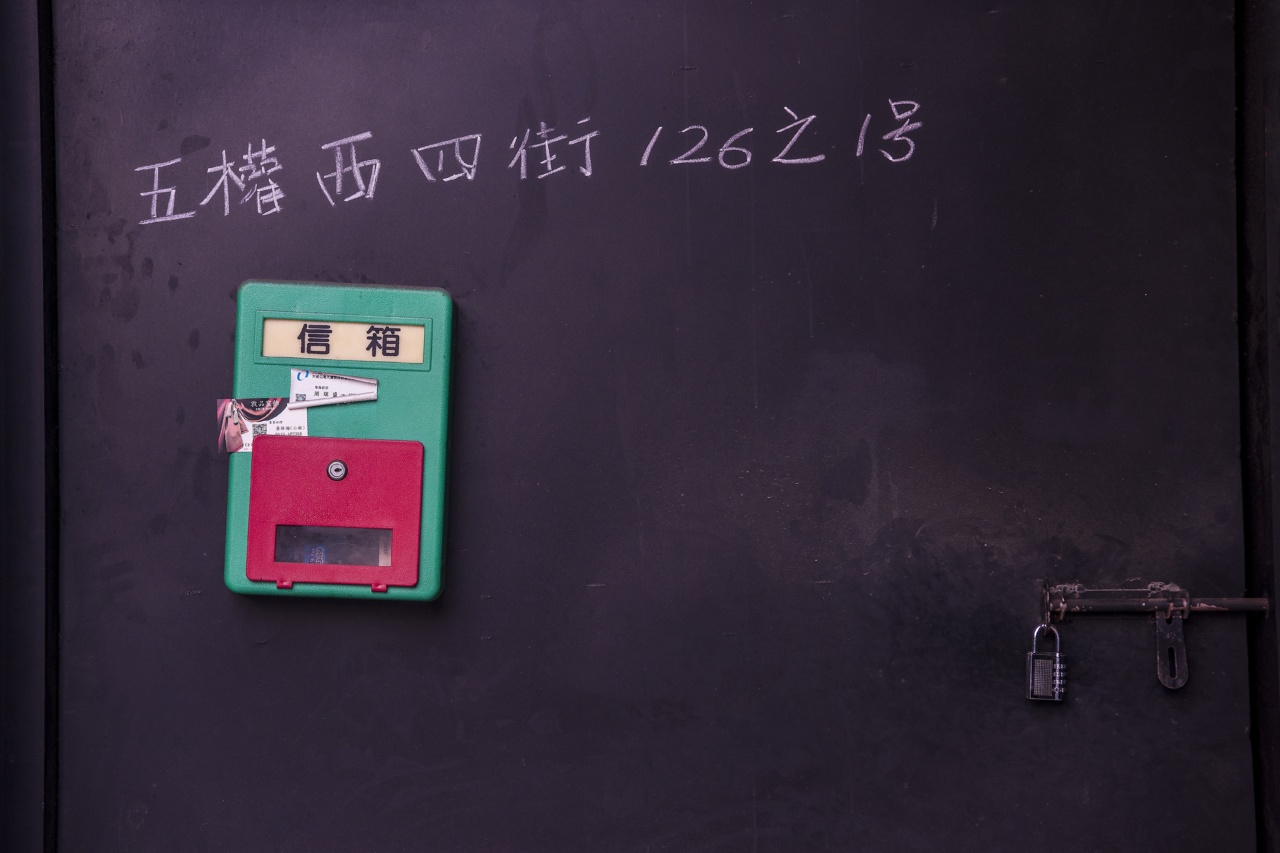When most people think of security guards, they conjure up images of friendly faces stationed at the entrance of their local mall or shopping center.
However, the reality of security in the corporate world can often be a much darker, more serious affair. Many businesses choose to employ a security team to keep their assets safe from potential threats and risks, but there is one particular type of security guard that is often seen as an unwelcomed guardian of the company’s security.
The Night Watchman
The night watchman is the security guard that is most frequently seen as the unwelcomed guardian of the company’s security.
These guards are typically employed to patrol the premises of a large corporation or government agency during the nighttime hours, when most of the employees have already gone home. Their job is to ensure that no unauthorized individuals are on the premises, and to maintain a constant vigilance for any potential risks or threats.
However, many employees view the night watchman as an unnecessary burden. They often complain about how the presence of a security guard can be intimidating or even downright scary, especially if the guard is armed.
The night watchman is seen as a necessary evil rather than a valued member of the team.
The Importance of Nighttime Security
Despite the negative connotations associated with nighttime security, it is a necessary part of any business’s security plan.
The threat of theft, vandalism, or even sabotage is very real, and a company that does not take steps to protect its assets is putting itself at risk. The presence of a security guard acts as a deterrent to potential criminals, and can help to prevent crime before it occurs.
Moreover, nighttime security can also help to ensure the safety of employees who may be working late or arriving early.
The presence of a security guard can make them feel safer and more secure, especially if they are working in an area that is isolated or prone to crime.
The Challenges of Nighttime Security
Despite the benefits of nighttime security, there are also many challenges associated with it. One of the biggest challenges is the fact that criminals often prefer to operate under the cover of darkness.
This can make it difficult for security guards to detect and prevent crime, especially if the criminals are skilled and experienced.
In addition, the nighttime hours can be physically and mentally draining for security guards. They must remain alert and focused for long periods of time, often without any breaks or opportunities to rest.
This can lead to burnout and fatigue, which can in turn compromise the effectiveness of the security team.
The Need for Proper Training
In order for a security team to be effective, its members must be properly trained and equipped to handle any potential threats or risks.
This is particularly true for nighttime security guards, who often face unique challenges that require specialized training and skills.
For example, nighttime security guards must be trained in the use of low-light vision equipment, such as night-vision goggles or infrared cameras.
They must also be trained in the use of non-lethal weapons, such as pepper spray or tasers, in case they need to subdue a potentially violent individual.
The Benefits of a Professional Security Company
Many companies choose to outsource their security needs to a professional security company. These companies have the experience and expertise needed to provide effective security services, including nighttime security.
They also have the resources to provide comprehensive training programs for their security guards, ensuring that they are equipped to handle any potential threats or risks.
In addition, professional security companies often utilize advanced technology to enhance their security services. For example, they may use surveillance cameras, motion detectors, or biometric scanners to detect and prevent potential breaches.
They may also provide 24/7 monitoring services, ensuring that any potential threats are detected and addressed in a timely manner.
The Importance of Collaboration
Finally, it is important to recognize that security is not the sole responsibility of the security team. Every employee has a role to play in keeping the company’s assets safe from potential threats and risks.
This means that there must be collaboration and communication between the security team and other departments, such as IT, human resources, and facilities management.
By working together and sharing information, employees can help to identify potential security vulnerabilities and take steps to address them.
This can include implementing stronger access control measures, securing sensitive data, and improving the physical security of the premises.
Conclusion
While the presence of a security guard may not always be welcome, it is an essential part of any business’s security plan.
Nighttime security guards face unique challenges that require specialized training and skills, and it is important for companies to recognize this and provide their security team with the resources they need to be effective. By working together and embracing a collaborative approach, employees can help to ensure that their company’s assets are safe and secure.






























